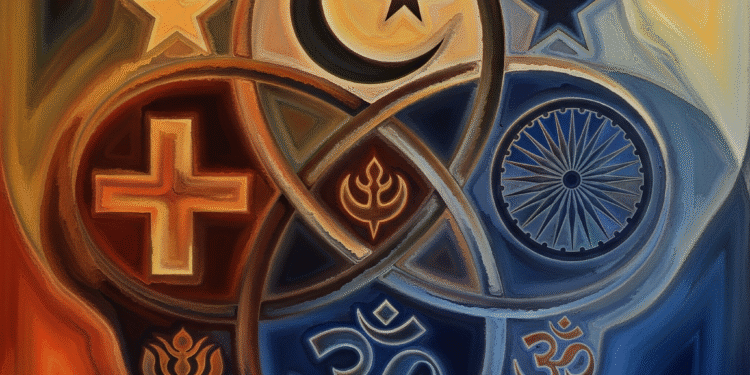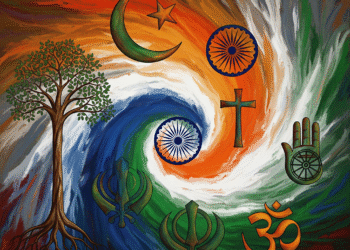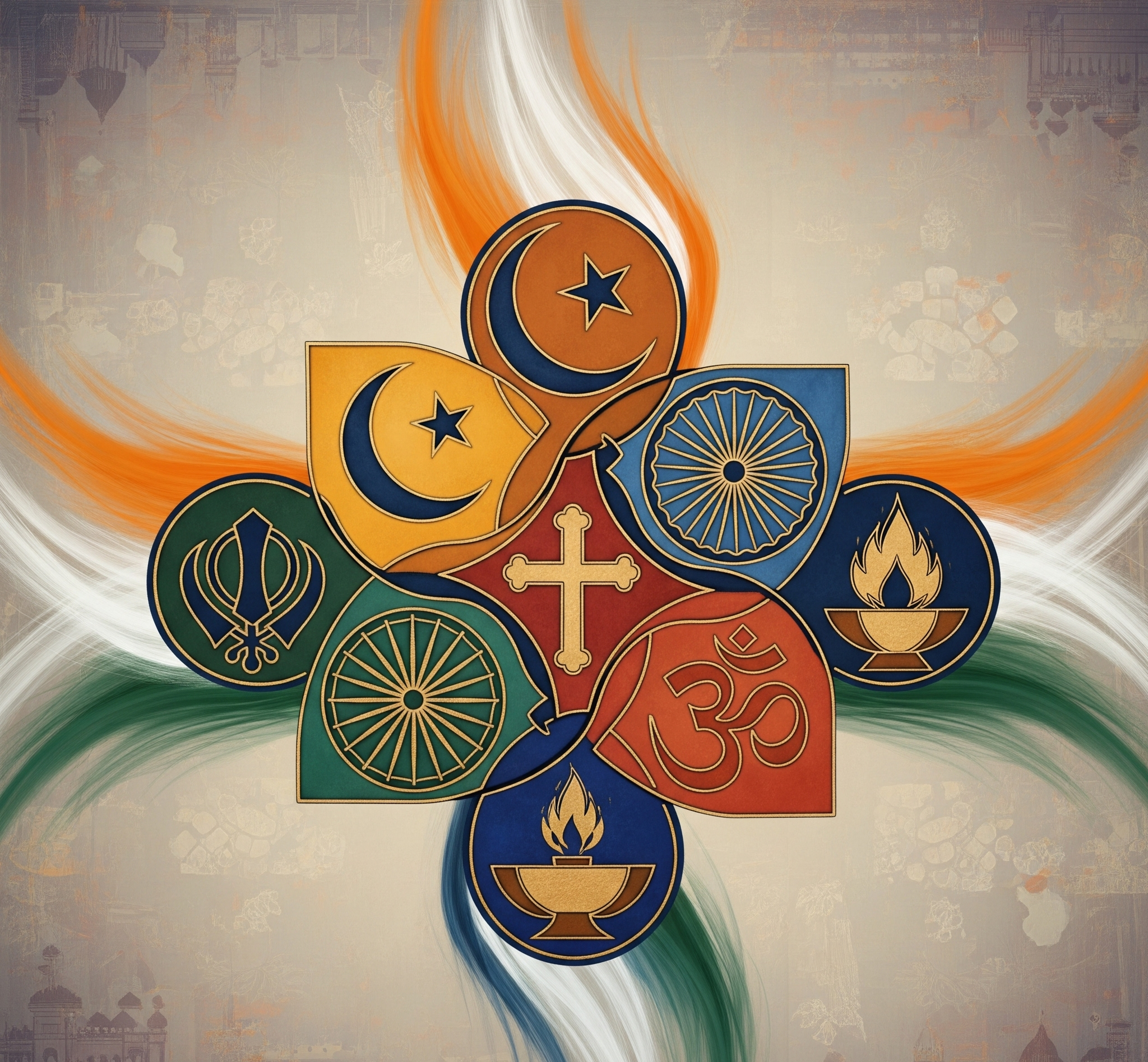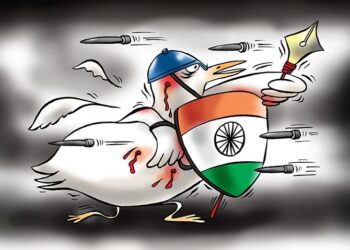In this column as well as elsewhere, whenever I have talked about the politically engineered and maintained Hindu-Muslim divide in India, I have spoken of watching out for the preconceived notions, personal prejudices and cognitive biases interfering with one’s judgment of a class or a community of people as though it were a homogenous lot with undesirable traits and tendencies genetically hardwired into them, making them deserving of hate and revulsion.
I have had most of these discussions with the Hindus, and much of the advice in my writing has also been to the Hindus, and the reasons for that, even though various, are pretty simple and straightforward. One, there have been more occasions for that. Two, in the past few years, every other Hindu I have come across seemed to think of himself or herself as a victim of minority appeasement supposedly practiced by the past governments, and has displayed open hostility against Muslims in general for that reason.
They would come up with all kinds of imaginary problems the nation is facing due to the past “appeasement” of Muslims, which, they would note with a giant relief, are now being addressed and are on their way out. Examined even perfunctorily, the “facts” they cite fall, failing to hold up even to a cursory google search, being plain lies circulated through social media to stoke and inflame preexisting prejudices, which are lapped up and recirculated with lot of passion and without application of mind. These lies take our attention off the real problems and we start blaming the “other” for all our ills instead of addressing the real cause of the problems, perpetuating the problem and adding unfounded hatred and resentment to the already complicated mix.
The scale of the problem is large because the majority community is the target of the propaganda. And it is in the very nature of propagandist communication to mix facts and lies in a dangerous concoction to give it the colour and flavour most suitable to the divisive politics that best serves the chosen political purpose at the given time.
You might have heard some version of the following, like I have several times, from the educated, uneducated, highly educated and semi-educated alike: “In India, Muslims practice Islam, Christians practice Christianity, Jews practice Judaism and Hindus practice secularism.”
The tone of the speaker is always critical and disparaging, belittling and caustic, as though it proved how stupid Hindus were, having been led by the likes of Jawaharlal Nehru and other “liberals” (“libtards” and “sickulars”, as they are disparagingly called). And a lot of Hindus would probably hang their heads in shame and look regretful, as though the statement made any sense at all, or as though it were really “sick” to be secular or “retarded” (sincere apologies to those suffering from the actual condition) to be a “liberal”.
The statement, any and every version of it, is deeply and very obviously flawed at multiple levels, to put it charitably. There are several unfounded assumptions working here. One, Muslims rigid practiioners of Islam, or, to put it differently, all Muslims are more or less fundamentalists. Two, Muslims are not secular, or there are no or very few moderate/secular Muslims. Three, Christians rigidly practice Christianity; four, there are no secular/moderate Christians. Five, all Hindus are secular and moderate; and six, there are no Hindu fundamentalists supportive of Hindu orthodoxy, meaning there are no Hindu support to aggressive “Hindutva”.
All of those assumptions are wrong, some way too far from the truth to merit even casual consideration. Muslims might seem a bit more orthodox and rigid in their approach to their faith, attributable in part to the lack of education and poverty. However, as I have pointed out earlier, while lack of education and poverty might be major factors influencing religious orthodoxy and radicalism, it does not automatically follow that none of the educated and well-to-do will have orthodox or fundamentalist tendencies.
That said, my concern has not been Muslim orthodoxy anywhere as much as the Hindu radicalization under the tactfully revitalized and aggressively pursued political ideology of Hindutva in the past few years. The ideology is not new, but its political dividends had always been few and far between until recently.
Often people say that India is secular only because the Hindus are secular. Well, yes, how could a nation be secular unless its overwhelming religious majority was secular? But those who say that mean it as an indictment of the Hindus rather than as well-deserved praise for their liberal and inclusive outlook towards people of other faits as well as where faith stands vis-a-vis the polity. “But ‘they’ are not secular!”, the Hindutva people retort rather passionately in most cases; “they” meaning Muslims. Actually, Indian Muslims, having lived amid the liberal Hindu majority and steeped in the pervasive liberal culture, are way more liberal and secular than the Muslims, say, of Pakistan or Saudi Arabia, which is evidenced in the fact that the persistent and sustained attempts to radicalize Indian Muslims in large numbers have largely failed except in Kashmir, for which the reasons have to be found in the complicated politics of Jammu and Kashmir together with cross-border meddling.
But, for the sake of argument, let’s assume that Muslims are not secular, not a single one of them; while all Hindus are, every single one of them. So what should be the proper response of the Hindus to this position? Should they maintain and preserve their secularism or should they fashion themselves on radical lines after the Muslims they do not like and regularly criticize for their “radical fundamentalism”?
…to be continued
Originally published as part of my monthly column Street Lawyer in the September 2022 Issue of Lawyers Update (Vol XXVIII, Part 9).





